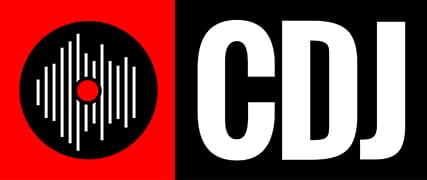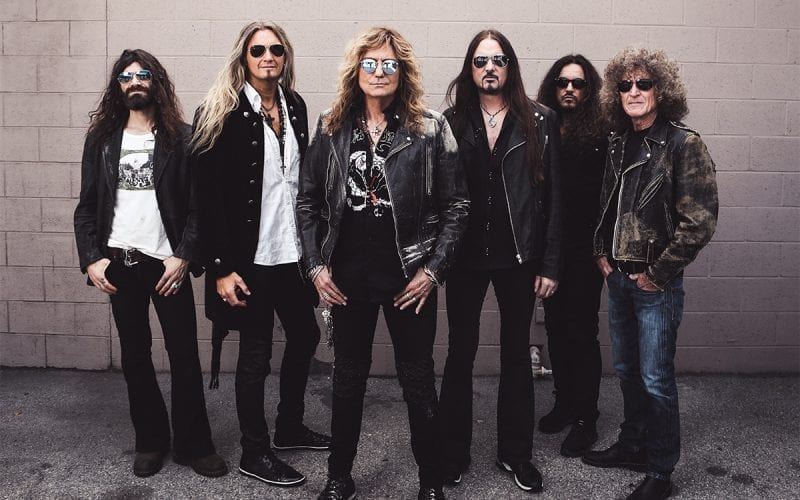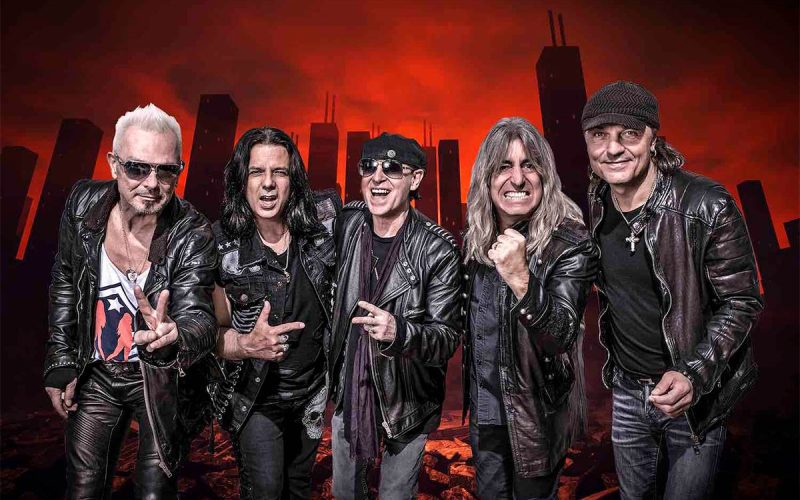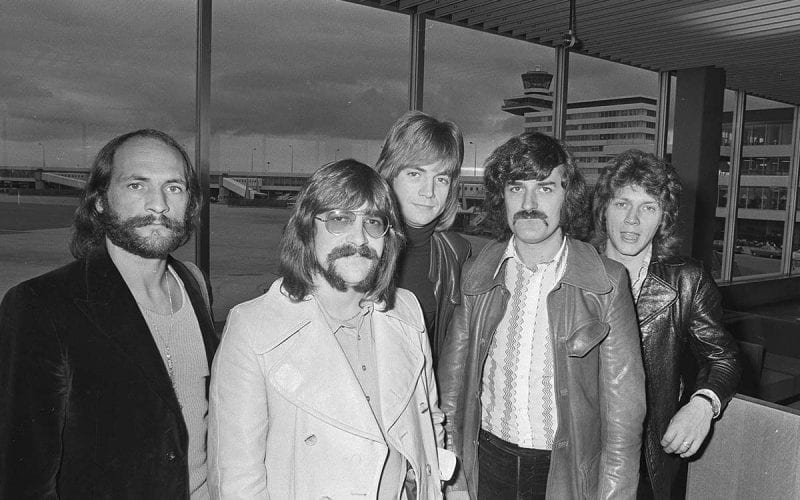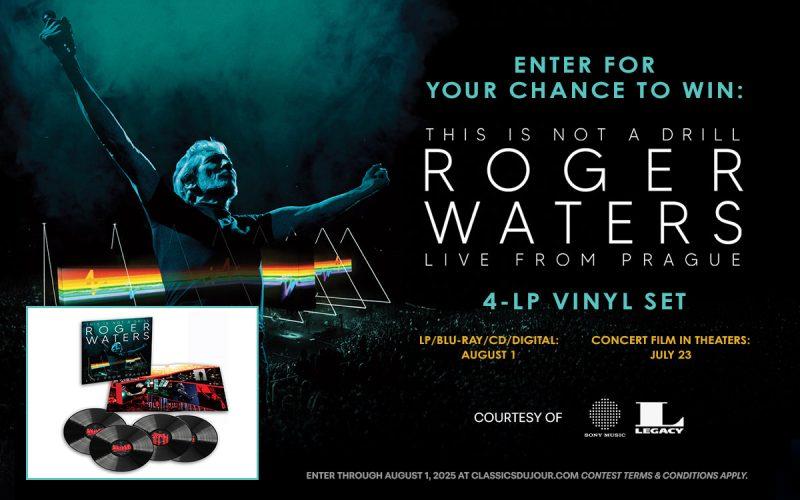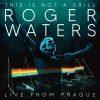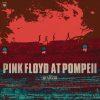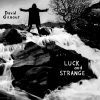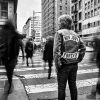
Legendary axeman Michael Schenker is frequently mentioned among rock royalty when it comes to his seemingly Samurai sword play, precision way of attacking his instrument. Truly among the nobility in the hierarchy of rock guitarists, Schenker has been shredding his six-stringed axes since the age of 15 and has been the force and face behind some of hard rock’s upper echelons units.
Known for his role in forming the Scorpions, UFO, The Michael Schenker Group – or MSG – the McAuley Schenker Group and Michael Schenker’s Temple of Rock. The virtuoso of the Flying V guitar is out with his latest live set Michael Schenker Fest Live Tokyo featuring the original MSG vocalists Gary Barden, Graham Bonnet and Robin McAuley, available now on 2CD, 2CD+DVD combo, LP, DVD, Blu-Ray and digital configurations.
I recently had a wide-ranging conversation with Schenker in which he touched on myriad subjects, including his former bands – especially the Scorpions, in painstakingly specific detail – his brother, Rudolf, and what’s on the horizon.
Hello, Michael. How are you? Where are you calling from today?
MS: I’m good, thank you. I’m calling from the UK – Brighton – it’s very stormy here.
Thank you for your time. It’s a pleasure to talk to you today. Lots to talk about, so let me jump right in. Michael Schenker Live Tokyo is available now in a myriad of formats. So as a point of clarification, was this just a one-off Michael Schenker fest, or can fans worldwide expect to see more?
MS: Yes, see more, much more, much more. It actually started off with an idea that a Japanese promoter had. He wanted Graham (Bonnet, former MSG vocalist) to open up for Temple of Rock a couple of years ago and sing a couple of songs with us, and that sparked the idea. I said to myself, you know, I’m playing all my most popular music from the past with all these other singers, but not the originals. So, I felt like this was the time now. This is the third part of my life, so it’s time now to get the original singers on one stage, on one night. I thought about Robin (McCauley), Graham and Gary (Barden), and then I thought about the rhythm section (drummer Ted McKenna, bassist Chris Glen) and (guitarist, keyboardist) Steve (Mann). We had our first show, which was Sweden Rock (Festival), and then I got a phone call from Japan asking me if I wanted to headline a two-day festival. They wanted the Michael Schenker Fest to close the second night. So, I asked, who’s doing the first night, and they said the Scorpions. So, I said, sorry, I have to decline, I’m not gonna do it. The Scorpions are too dangerous. They’ll probably set me up – they’re too tricky. Another promoter in Japan found out and they immediately contacted me and offered this tour for Osaka, Tokyo and Sapporo. Anyway, the show itself was unbelievable – actually all three shows were unbelievable – but this was the show we recorded. It was just amazing.
Well, listening to all the hats you were wearing to make this happen, I think the only thing you didn’t do was pour beer at the bar (laughs)!
MS: (Laughs) Oh, no, we were very high in a natural way (laughs)! It was a great night.
You mentioned all these great people you’ve worked with in the past that you were able to get onstage with you for those shows. Well, not unlike the number of formats this live set is available in, you certainly have been in a number of bands. What’s the key to forming a successful band? Is it a combination of personality and musical prowess?
MS: It’s like (Led) Zeppelin is pure chemistry, you know? If you take one person out the whole thing collapses. UFO is the same thing. My personal thing is that I see my life in three stages. In the beginning of my life I did something in the 70s that was copied in the 80s. My brother Rudolf called me up in the 80s and said, “Michael, they’re all playing your guitar style over here and it’s unbelievable.” And I said, “No way!” I didn’t plan anything. I said to (Metallica guitarist) Kirk Hammett, I did all of this unconsciously – I was just having fun. I found out about all these things much later, that even in the 90s, about Metallica and Guns ‘N Roses and all of these guys. So, basically my focus when I did the first album with the Scorpions – (frontman) Klaus (Meine) and I joined the Scorpions – that was the beginning of the Scorpions when they were able to make a record because Klaus had a great voice and I was a 15-year-old talented musician and lead guitarist, and we international recognition straight away. And then I left because in Germany the people didn’t understand the art of lead guitar – especially pure self-expression. They didn’t have a clue at that point, and I said to the Scorpions that I needed to go to England, and I was waiting to be invited, and UFO did. And I found them (guitarist) Uli Roth so that Klaus and Rudolf wouldn’t be standing there empty handed. Plus, I took the Scorpions with me with every step I made with UFO, and I developed every year to the next level. I took them with me by always having a sticker on the latest Scorpions album (that said) “Featuring Michael Schenker from UFO” on the Scorpions (1972 debut) Lonesome Crow album. And by the way, I wrote all the songs on the Lonesome Crow album – I wrote all the music – especially on that one song “In Search of the Peace of Mind.” That was my very first written song, and I was 15-years-old and it was credited to all the members. I only found all these things out now because I was never really interested. But I’m realizing now that being 15-years-old, Klaus and Rudolf were seven years older than me, so it was almost like they were treating me like a little boy. So, I’m kind of disappointed in discovering that because it was my first song and still something that’s very special to me. It’s still a beautiful song for me. But anyway, I took the Scorpions with me step-by-step all the way up to when I finished (UFO’s 1979 live album) Strangers in the Night – I was 23-years-old. I tasted all the fame at its highest and I was able to make a decision as to whether I wanted to stay up there in the limelight or if I wanted to be more free and experiment with music and have fun that way, and so I decided to do that. So, when I helped the Scorpions on (1979s) Love Drive I opened the door for them in America, and then I basically left them and they were very disappointed because they thought I was gonna join them.
[NOTE: At this point in the conversation, Michael continued on speaking – uninterrupted – for another 9:30. During that time he repeated many of the stories and anecdotes covered above, plus he continued in seemingly photographic memory fashion to point out that, among SEVERAL other subjects, he taught his brother Rudolf how to play guitar when Michael was 9-years-old and Rudolf was 16; Rudolf cried on the phone begging Michael to stay in the Scorpions; Rudolf went on to study Michael’s guitar playing and copied his songwriting for the recording of the 1982 Blackout album; more than once, reiterated that Rudolf can’t really play guitar and that he copied all of Michael’s “slow stuff” because that’s all that Rudolf is capable of playing; claimed that the Scorpions are really just one person, with Klaus being the “only pure talent” in the band, etc, etc, etc. At the 19:30 mark of our conversation, I finally interrupted Michael in mid-sentence to ask him another question] Hey, Michael, I’m sorry but I wanna jump in because I don’t know how much time I have with you. I wanna ask you just a couple of questions about the new release. When was the last time you’d had a chance to perform with Gary, Graham and Robin prior to the Michael Schenker Fest?
MS: Well, we did the Sweden Rock, and then I did a show with Gary in Barcelona last year, which was amazing. But basically we did Sweden Rock and that was the snowball, and then Japan picked up on that. And this (Michael Schenker Fest Live Tokyo) is now snowballing bigtime.
Yeah, that’s great. I wanted to ask you about the crowd that night. Were you able to get a get a sense of the percentage of the crowd that were, say, longtime fans versus younger fans?
MS: Oh, it’s a combination. You can actually see – I’ve actually focused on it – and all I can tell is that there’s a bunch of new people that always happens in rock concerts. The older (ones) bring the younger ones. It was a really, really big thing in Japan. And we have another offer coming – and a really big one – that I can’t talk about at this point, but it’s snowballing and we have offers everywhere now.
Great, that’ll be for the next conversation, hopefully. I want to ask you about the track list, which is the same on both the CD and DVD. What was your goal when putting the setlist together?
MS: Well, basically you just have to feel (it). You feel what you’ve played lately, but at the same time you can’t be too rigid because it was all original singers. No matter what you do, you play the most popular, and even if you’ve recently played it, you haven’t played it with the original singers, so it really gives you a very open space for everything. I’ve got so many songs that I can play that as we go around, as we do the European tour, etc, etc, we consistently add something and take something out so it’ll always be something else.
So, I’m a liner notes reader, I’m a CD booklet guy, so I noticed in the CD booklet that you’re credited as mixing and editing director. Can you explain what each of those roles entails?
MS: Because I know what I want to see and I know what I want people to see. I saw the original edit and it was pretty good what the Japanese did, but there was some stuff there that was missing that I wanted to see, etc, etc. So, you make a balance – you make a good balance. I know what is a good balance, I know what needs to be there because it’s my concept. And also, I know the sound I wanted and I know how I wanted it to be mixed. It’s all very delicate, and only I know, only I know how it should be so that’s why we called it “director.” I directed. There’s only one way that I personally think it should’ve been done and that’s what it had to be. The same goes for the edits. You can edit so many different ways, but I did it the way I want people to see it.
Well, congratulations – a job well done, no question. Obviously, it’s hard to pick favorite tracks off this great collection, but for me “Save Yourself” and “Shoot Shoot” are two standouts, of many. My question is this: is there a song in your vast catalog that you feel that you have to play before leaving the stage, or otherwise fans will be disappointed?
MS: Well, I wanna play “Rock Bottom” because it’s an adventure in the middle. When I go on a solo adventure, the hardcore fans always wait for that because I always trigger new little bits and pieces and nobody knows what’s gonna happen. It creates a tension, like, what is he gonna do? And I’m gonna think, what am I gonna do (laughs)? And that’s always the fun part. And obviously “Doctor Doctor.” Having “Doctor Doctor” sung by all the members of the band was something unusual and never done before, and it was great to see that each one (singer) did it and enjoyed it. And the audience was going crazy! So, “Doctor Doctor” has become a must-play. That song becomes more and more and more wanted the more we play it. It’s always like the party song at the end.
Finally, Michael, what’s next? Is there more touring coming up?
MS: Well, we’re trying to figure out how to do everything. I was planning to do a Temple of Rock album in 2017, which now if I look at it, only 11 months ago we released (self-titled debut album) Temple of Rock. So now I think two years is more appropriate. So, we are sitting here and figuring out what needs to be done next. We wanna make sure we’ve not having too much product out, and my ears are still ringing from Temple of Rock (laughs). Four years of solid touring, two studio albums, two live DVDs – I think we can afford two years.
I gotcha! Well, again, thank you very much for your time. I look forward to our next conversation.
MS: Thank you for having me. Take care. Bye bye.
Bye.
